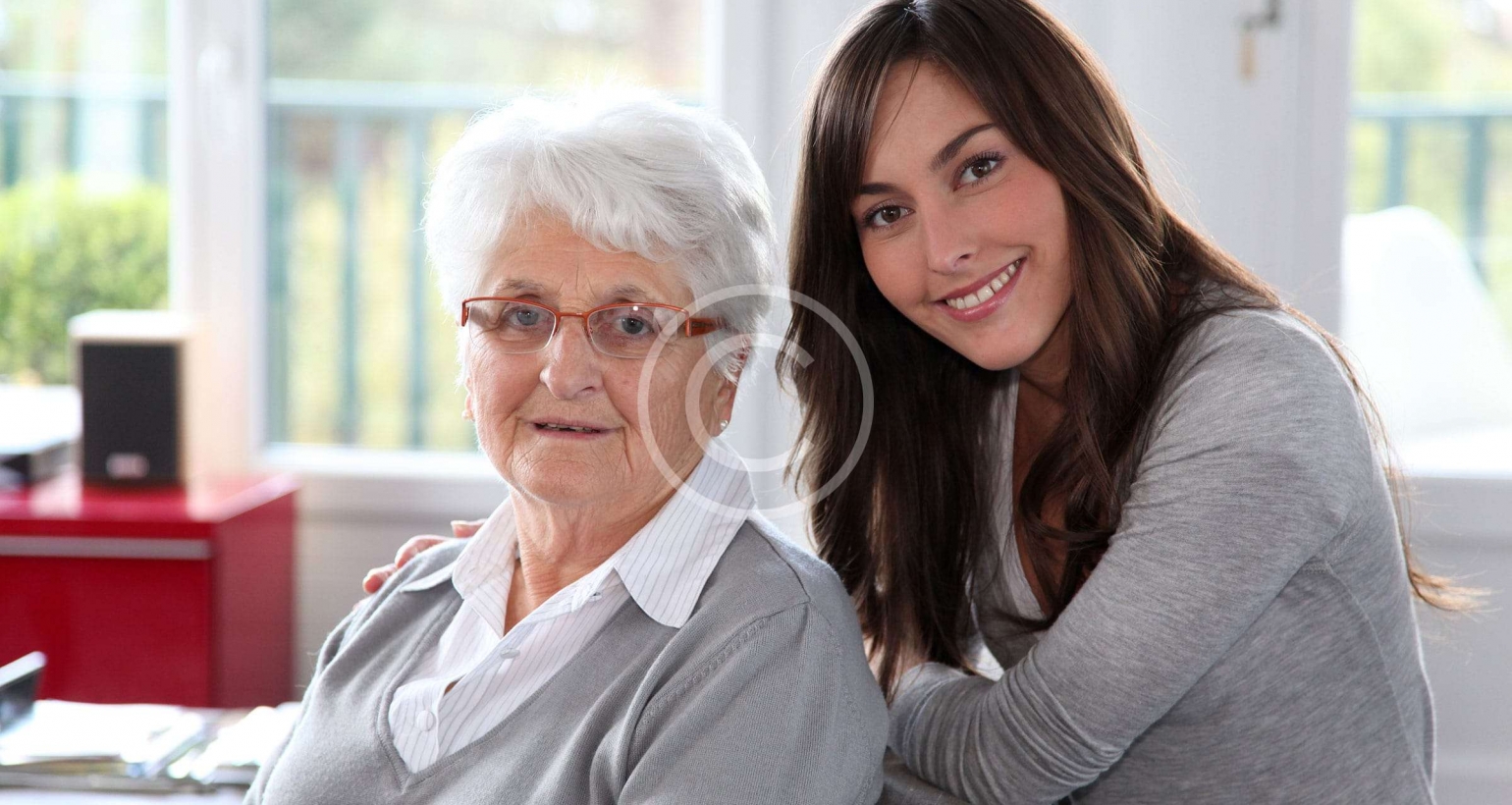Aging in place, or the ability to live independently and comfortably in one’s own home and community as they age, requires careful planning and consideration. Here are five essential steps to age in place successfully: 1. Assess Your Home: Home Safety: Evaluate your home for safety hazards. Consider adding handrails, grab bars in bathrooms, non-slip flooring, and proper lighting to…





